Books, A Year in Review - 2009, Part I
 A couple years ago, I read an article about an AP-Ipsos poll on people's reading habits. Among other things, it pointed out that around 1 in 4 adults in this country hadn't read any books at all in the previous year, and that among those that had, the average number of books read was 6. (Yes, that last sentence is copied verbatim from an older entry).
A couple years ago, I read an article about an AP-Ipsos poll on people's reading habits. Among other things, it pointed out that around 1 in 4 adults in this country hadn't read any books at all in the previous year, and that among those that had, the average number of books read was 6. (Yes, that last sentence is copied verbatim from an older entry).
Since then, I've kept track of the books I've throughout the year, to compare my habits to the population at large. I've had two previous yearly reviews, one in 2007, and another in 2008.
Like last year's review, I'm breaking this one up into two parts. This first part will be an analysis of my reading habits, and probably won't interest anyone much other than myself, while Part II will give a brief review for each book.
Here are the books I've read between October 2008 and October 2009, though not in the order that I read them.
Children's & Young Adult Fiction
- House of Stairs
- Coraline
- Anne of Green Gables
- The Lightning Thief (Percy Jackson and the Olympians, Book 1)
- The Sea of Monsters (Percy Jackson and the Olympians, Book 2)
- The Titan's Curse (Percy Jackson and the Olympians, Book 3)
- The Battle of the Labyrinth (Percy Jackson and the Olympians, Book 4)
- The Last Olympian (Percy Jackson & the Olympians, Book 5)
- Brisingr (Inheritance, Book 3)
- Twilight (The Twilight Saga, Book 1)
Adult Fiction
Non-Fiction
- Evolution: What the Fossils Say and Why It Matters
- GOD - OR GORILLA : How the Monkey Theory of Evolution Exposes Its Own Methods, Refutes Its Own Principles, Denies Its Own Inferences, Disproves Its Own Case
- Your Inner Fish: A Journey into the 3.5-Billion-Year History of the Human Body
- The Greatest Show on Earth: The Evidence for Evolution
- Microcosm: E. Coli and the New Science of Life
- Death from the Skies!: The Science Behind the End of the World
- The Egyptian Book of the Dead: The Papyrus of Ani in the British Museum
So, that's 19 books altogether - a bit less than last year (23), but still better than the year before that (13), and certainly better than the national average.
As far as genres, as in previous years, I'm still a bit biased towards children's & young adult fiction. This is partly due to reading some of the same book series that my daughter's reading, partly due to trying to catch up on classics, and partly just because I happen to like some of those stories. At least as my daughter's getting older, the series she reads are getting more mature, and I no longer have to read books like Junie B. Jones.
I did happen to get in two adult fiction books, one of which was very good (hint - it's the one that hasn't been made into a major motion picture).
Looking at my non-fiction reading, I'm heavily biased towards biology, particularly evolution. I need to expand my topics a bit, but to be honest, I expect to keep reading about evolution because I find it so darned interesting. It probably is time to get away from general evolutionary books, and more into those on specific topics (such as Endless Forms Most Beautiful: The New Science of Evo Devo and the Making of the Animal Kingdom). On the other hand, there are a few general evolution books that I'd really like to read (such as Why Evolution Is True
and The Tangled Bank: An Introduction to Evolution
).
I did manage to check off at least one book from this list. If I manage to read at least one book from that list per year, I'll have it all taken care of by the time I'm 124.
I have to admit to starting a book and not finishing it - The Myth of Sisyphus: And Other Essays. This is only the 3rd book from my entire life that this has happened with (technically, I've had false starts on The Hobbit
, Robinson Crusoe
, and Moby Dick
, trying to start them when I was still a bit too young, but I did go back and finish all three of them eventually - and it was worth it for all three, by the way). The other two are The Age of Innocence
and A Tale of Two Cities
, and I still plan on finishing A Tale of Two Cities. Camus lost me early on, using personal anecdotes as evidence, and expressing a kind of contempt for science (as Wikipedia summarizes it, "true knowledge is impossible and rationality and science cannot explain the world.") Science is the best method we have for answering questions with objectively true answers. Any philosophy that ignores objective truth, particularly in a book focusing on a real phenomenon, is one that I don't feel like wasting my time on.
Anyway, I still need to try to expand my reading habits, but at least I'm not doing too bad. And if you've read my previous two yearly summaries - I still haven't finished all the books on my night stand, and I've actually added a few more to the stack.
Oh, and for those interested (since I use these links in a shameless attempt to earn money through my Amazon Associates account), I've earned $2.28 from book sales in the past year. Even if I find a book that cheap, the order still won't be eligible for super saver shipping.
Stay tuned for Part II, where I'll give a brief review of each of the books.
Update: Part II is now online.

 This is something I've written about before (and has been written about by others), but it really struck me last night, so I felt like commenting on it today.
This is something I've written about before (and has been written about by others), but it really struck me last night, so I felt like commenting on it today.
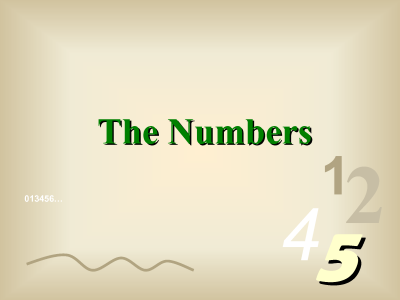
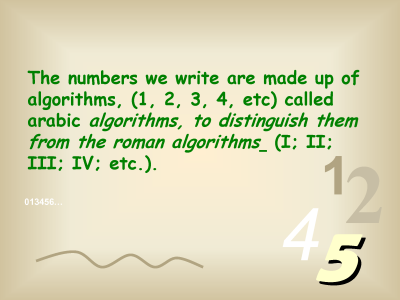

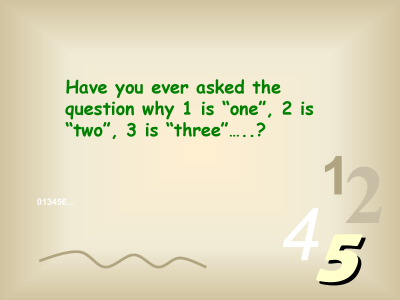


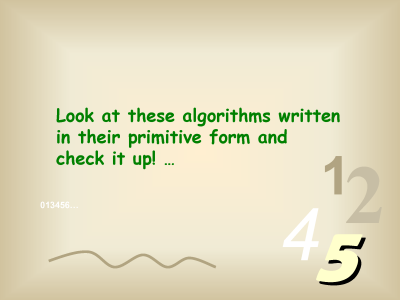
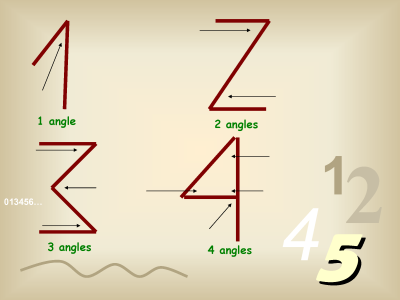
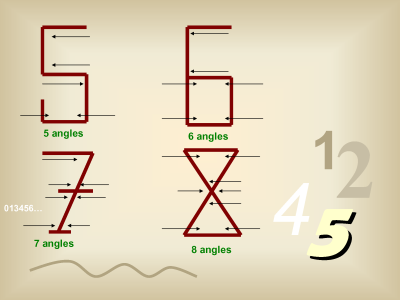
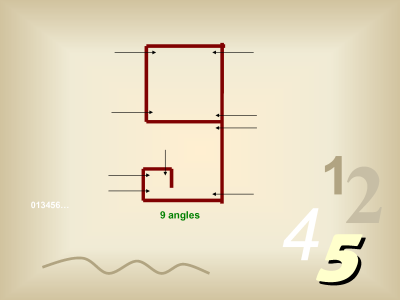
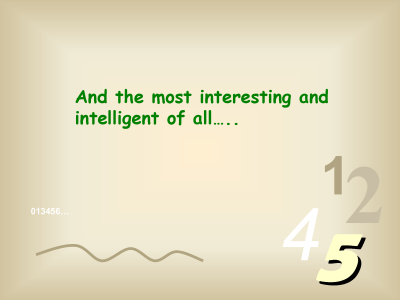
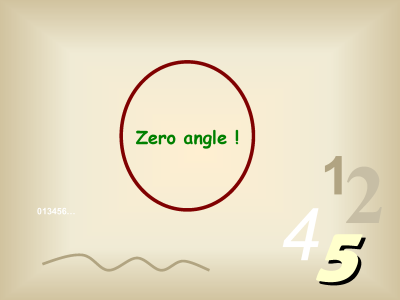
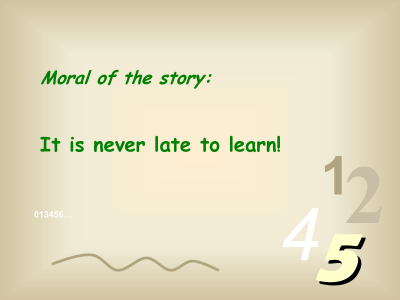
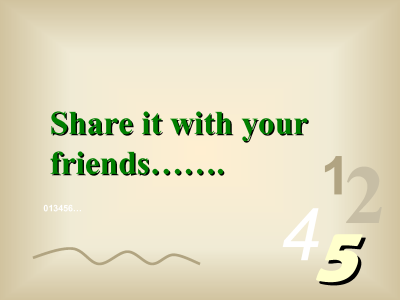
 Argh. I'm frustrated. My boss just got an iPhone. Since I'm the resident tech geek, he gave it to me to figure out how to do a few things with it. And guess what. I can't even transfer files to it from my computer. Apple doesn't support XP Pro 64. What the hell? I realize that Microsoft has pretty much abandoned the OS in favor of Vista and Windows 7, but it still has a pretty substantial user base. In fact, the companies that make the CAD and FEA software that we use actually recommend it, so we just bought 4 brand new workstations with XP Pro 64. The OS is going to be in use for a few more years, at least.
Argh. I'm frustrated. My boss just got an iPhone. Since I'm the resident tech geek, he gave it to me to figure out how to do a few things with it. And guess what. I can't even transfer files to it from my computer. Apple doesn't support XP Pro 64. What the hell? I realize that Microsoft has pretty much abandoned the OS in favor of Vista and Windows 7, but it still has a pretty substantial user base. In fact, the companies that make the CAD and FEA software that we use actually recommend it, so we just bought 4 brand new workstations with XP Pro 64. The OS is going to be in use for a few more years, at least.
 It's a new month, so it's time for me to check back over the server logs. For anyone who's been following my little notes on these updates, now that I've gotten back into the swing of updating the blog once a week, my traffic is steadily recovering. Compared to just two months ago, which is the worst month I've had since I started keeping track, traffic is up 14.9%. Compared to last month, traffic is up 8.2%. I know I could increase my traffic quite a bit if I shamelessly self-promoted on popular blogs (everytime I post a link in a Pharyngula comment thread, I get a noticeable spike in traffic), but I try to let my posts speak for themselves, and only self-promote that way if one of my blog posts really is relevant to the topic.
It's a new month, so it's time for me to check back over the server logs. For anyone who's been following my little notes on these updates, now that I've gotten back into the swing of updating the blog once a week, my traffic is steadily recovering. Compared to just two months ago, which is the worst month I've had since I started keeping track, traffic is up 14.9%. Compared to last month, traffic is up 8.2%. I know I could increase my traffic quite a bit if I shamelessly self-promoted on popular blogs (everytime I post a link in a Pharyngula comment thread, I get a noticeable spike in traffic), but I try to let my posts speak for themselves, and only self-promote that way if one of my blog posts really is relevant to the topic.